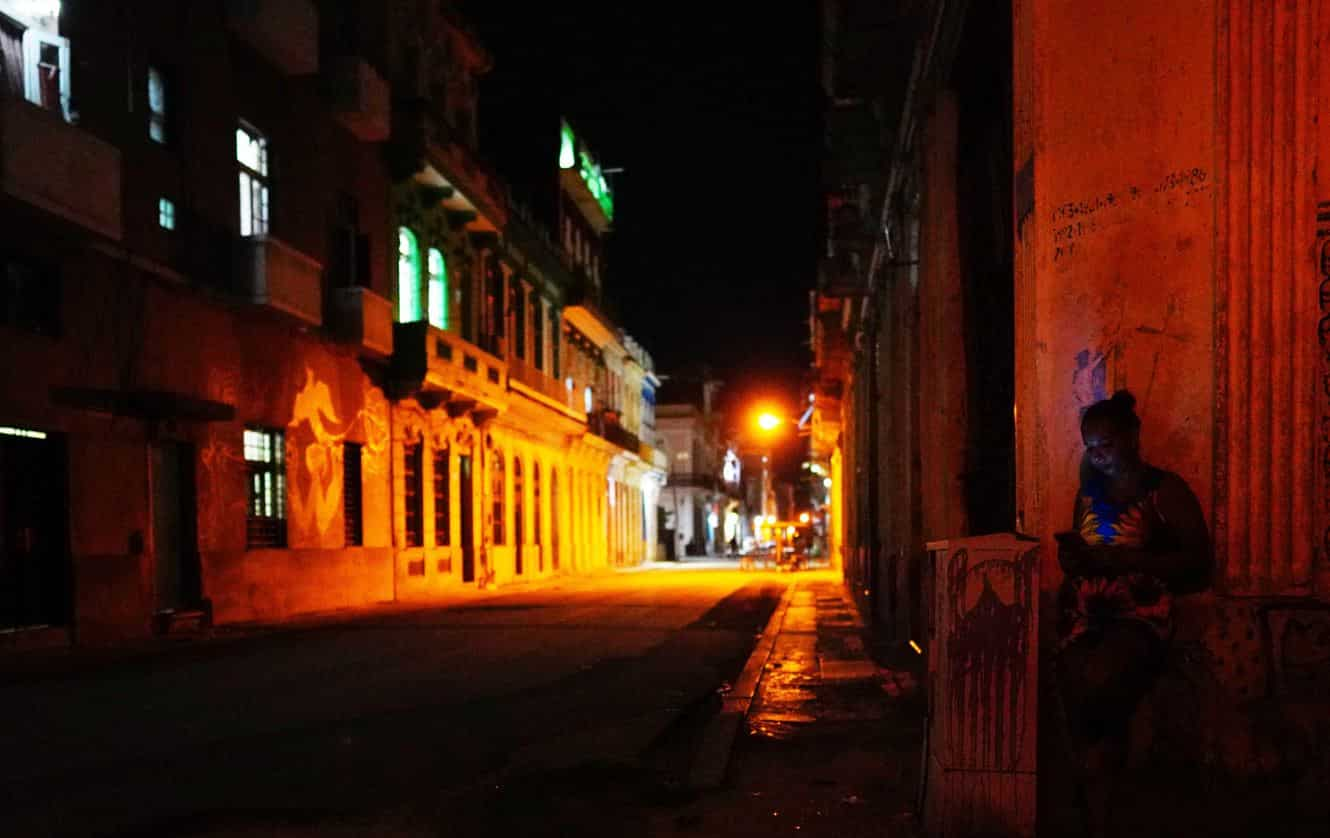Overview of Recent Events in Cuba
Tensions have escalated in recent weeks in Cuba, leading to public protests in Santiago, the country’s second-largest city. The protests were triggered by severe shortages of food, fuel, and medicine, exacerbated by frequent blackouts lasting up to 18 hours a day.
Protest Details
- Hundreds of people in Santiago participated in the rare public protest, demanding “power and food.”
- Cuban President Miguel Diaz-Canel urged for calm and peaceful dialogue amidst the unrest.
- The President acknowledged the dissatisfaction with the electrical service and food distribution, emphasizing the government’s efforts to address the situation.
- He also warned of external forces aiming to exploit the situation for destabilization.
Government Response and Criticisms
Authorities in Cuba deployed police to prevent violence during the protests. The government’s handling of the unrest has faced criticism from rights groups, the European Union, and the United States.
Despite the right to protest granted in the country’s constitution, a specific law outlining this right is yet to be finalized by the legislature. The government has defended its actions, stating that those detained were involved in criminal activities such as assault, vandalism, and sedition.
















































